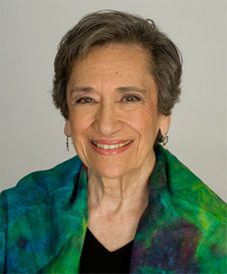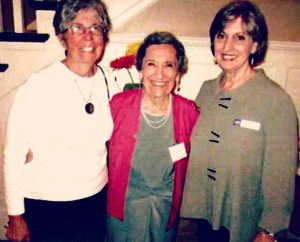 Phyllis Silverman was one of a kind. She was a towering intellectual force in a small frame. She didn’t initially intend to work in the field of bereavement, but ultimately, as a researcher and author, she dedicated her forty year career to challenging the notion of bereavement as a pathology or an “illness” that could—or should—be cured. She was unwavering in her commitment to expressing a child or teen’s right to grieve, and she spent her life’s work providing writing, research, tools, and guidance for the bereaved and those supporting them. Everyone who knew her well had to smile at the fact that Phyllis never, ever hesitated to speak her mind and tell her truth along the way.
Phyllis Silverman was one of a kind. She was a towering intellectual force in a small frame. She didn’t initially intend to work in the field of bereavement, but ultimately, as a researcher and author, she dedicated her forty year career to challenging the notion of bereavement as a pathology or an “illness” that could—or should—be cured. She was unwavering in her commitment to expressing a child or teen’s right to grieve, and she spent her life’s work providing writing, research, tools, and guidance for the bereaved and those supporting them. Everyone who knew her well had to smile at the fact that Phyllis never, ever hesitated to speak her mind and tell her truth along the way.
We at The Children’s Room are deeply saddened by Phyllis’s death. All of us are going to miss her deeply. We mourn the loss not just of a pioneer in our field of bereavement; in Phyllis, we mourn our organization’s bedrock foundation and the truest champion of our work, as well as a dear friend in our personal lives.
After all, it was Phyllis’s vision and dogged persistence that helped to bring this very organization into being. When Phyllis began meeting with fellow cofounders Jean Marchant and Judy Oliver about creating a center for grief and loss, it became abundantly clear that serving grieving children was the single most pressing need to be filled, and The Children’s Room was born. When they were no longer able to operate as a part of Hospice West, they felt stymied as they searched for a new home for the program until a Baptist minister graciously arranged for space in the basement of the Baptist church in Arlington. As Judy and Jean contemplated how best to proceed, it was Phyllis who bluntly asked: “Well, what are you waiting for?” That was Phyllis: always a catalyst, a seeker, a driver of forward progress.
In so many ways, it has remained Phyllis’s spirit that has motivated and guided our evolution as an organization. From humble beginnings in that church basement to becoming the largest independent nonprofit bereavement center in Massachusetts, through it all Phyllis remained closely connected to TCR as a founding board member. As recently as a few months ago she was always available, as board member emeritus, to impart her unique combination of professional expertise, experience, raw honesty, and wisdom.
In 2013, in an article called “Lessons I Have Learned,” published in the British Journal of Social Work, Phyllis eloquently wrote: “Bereavement is not a simple reaction to a single event. It is also a social event, an economic event, a spiritual event, and an event with a history and a future. I asked myself who is lost when someone dies. It is more than simply a life that is lost. We also lose a relationship, the self we were in that relationship and a way of life in which the deceased play a role. These are the qualities of life, aspects of what we experience; these are not symptoms of an illness.”
Having left such words as her legacy, Phyllis continues to set the standard by which we work. She will continue to inspire us as we help to ensure her vision: that no child, teen, or family grieve alone.





